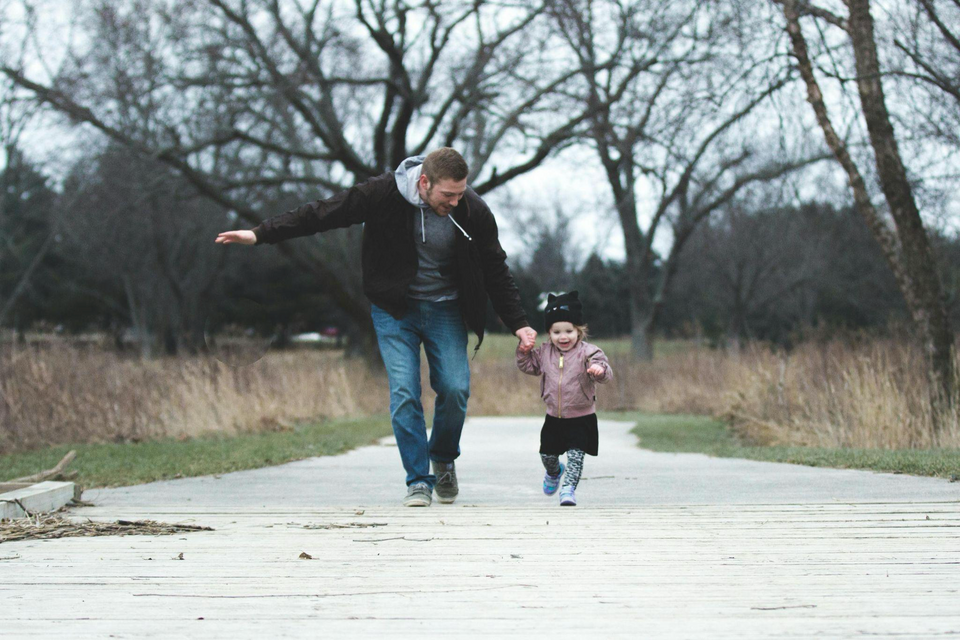A Guide for Parents and Children
Navigating the complexities of modern parenting requires a delicate balance between managing personal anxieties and fostering a nurturing environment for your children. The impact of parental anxiety on children can be profound, subtly influencing their emotional and psychological well-being. This guide, courtesy of Made Mindful, empowers you to identify the signs of anxiety in both yourself and your children, offering practical solutions for creating a supportive family atmosphere. By adopting effective coping strategies and prioritizing mental health, you can lay the foundation for a resilient, thriving family dynamic.
Spotting Anxiety in Your Children
Children often mirror the emotional state of their parents, making it crucial to recognize the early signs of anxiety in them. Behavioral changes, such as increased irritability, withdrawal from activities they once enjoyed, or disturbances in sleep patterns, are key indicators. These signs necessitate a compassionate approach to encourage open dialogue, helping them articulate their feelings and fears. Acknowledging their emotions validates their experiences, fostering a sense of security and understanding within the family.
Advancing Your Career Mindfully
If your current job is causing you anxiety, earning an online degree can open new career pathways while allowing you to be a fantastic role model for your child. Opting for a family nurse practitioner master's degree, for instance, allows for a more direct role in patient care, from diagnosis to treatment. This online educational route also accommodates your caregiving responsibilities, ensuring a balanced approach to learning and life. Take a look at online resources that can help you get started on a new and exciting journey.
Fostering Open Communication
Creating an environment where feelings and concerns are openly discussed is fundamental to your child's emotional health. Regular,judgment-free conversations reinforce trust, making it easier for your children to share their worries. This open line of communication is vital for deciphering the root causes of their anxiety and working together towards solutions. Encouraging such dialogue demonstrates your commitment to their well-being and strengthens the familial bond.
Integrating Self-Care into Daily Life
Self-care is a critical component of managing personal anxiety, with physical activity playing a pivotal role. Incorporating simple exercises into your daily routine, such as opting for stairs over elevators or engaging in short walks, can have a substantial impact on your mental health. Demonstrating the importance of self-care to your children through action teaches them the value of maintaining their physical and emotional well-being.
Modeling Healthy Coping Mechanisms
It's essential to exhibit healthy ways to manage stress and anxiety, such as practicing mindfulness, engaging in physical activities, or pursuing hobbies that bring joy. By modeling these behaviors, you provide your children with a toolkit of coping mechanisms that can serve them throughout life. This proactive approach to stress management not only aids in your personal well-being but also equips your children with the skills to navigate their own challenges.
Seeking Professional Guidance
There are times when professional intervention is necessary to manage anxiety effectively. Consulting a mental health professional can offer new perspectives and strategies for dealing with emotional challenges. This step underscores the importance of seeking help when needed, teaching your children that prioritizing mental health is a sign of strength, not weakness.
Cultivating Problem-Solving Skills
Encouraging your children to develop their problem-solving skills and resilience prepares them to face life's challenges head-on. By guiding them through the process of identifying problems, brainstorming solutions, and implementing strategies, you help them build confidence in their ability to navigate obstacles. This empowerment fosters independence and resilience, qualities that are invaluable throughout their lives.
Prioritizing Your Mental Health
Finally, doubling down on self-care practices is essential for effectively managing your anxiety. Prioritizing activities that support your mental health, such as meditation, spending time in nature, or pursuing creative outlets, sets a positive example for your children. It demonstrates the importance of taking care of one's mental and emotional needs, ensuring you are at your best for those who depend on you.
The journey to managing anxiety within the family context is both personal and collective, requiring mindfulness, patience, and proactive strategies. By recognizing the signs of anxiety, fostering open communication, pursuing personal growth, and prioritizing mental health, you create a supportive and resilient family environment. This guide serves as a roadmap for transforming anxiety into strength, empowering you and your children to navigate life's challenges with confidence and grace.
Made Mindful offers a variety of resources to help parents become the strongest possible versions of themselves. Have a question? Reach out today to learn more!


